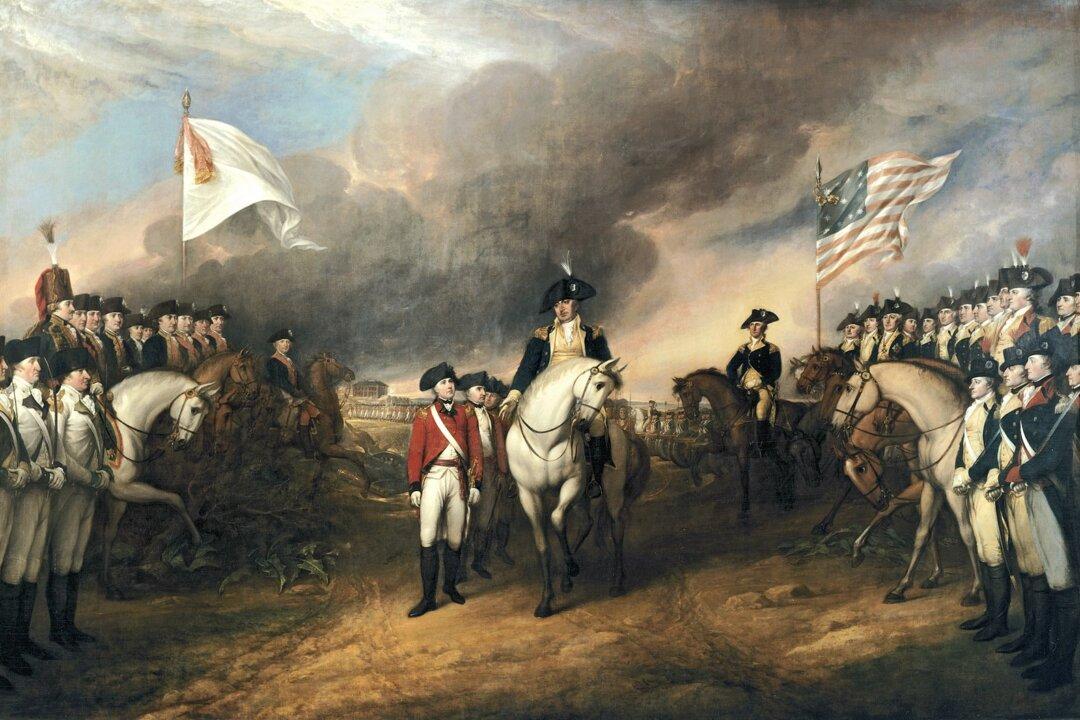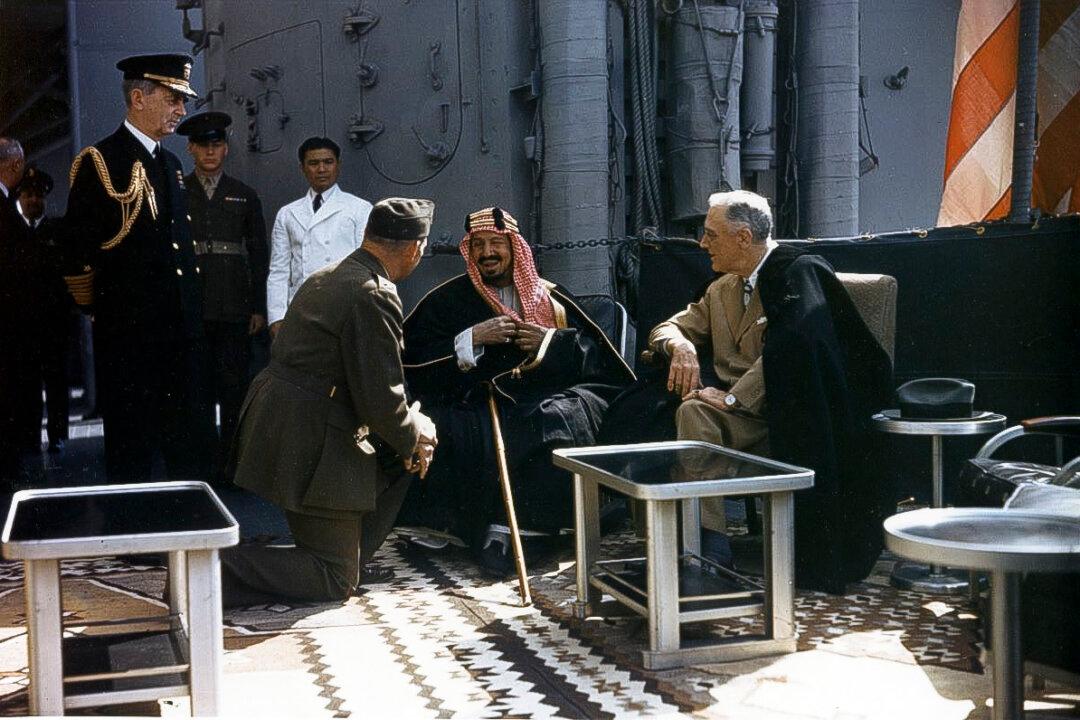“Our soldiery are not devoid of reasoning faculties nor callous to the first feelings of nature, they have now served their country with fidelity for near five years, poorly clothed, badly fed, and worse paid; of the last article, trifling as it is, they have not seen a paper dollar in the way of pay for near twelve months,” wrote Brig. Gen. Anthony Wayne on Dec. 16, 1780 to Joseph Reed, president of Pennsylvania’s Supreme Executive Council.
Philadelphians quickly assembled goods and supplies for the soldiers, but they did not reach them before Wayne’s soldiers of the Pennsylvania Line mutinied. On Jan. 1, 1781, approximately 1,500 soldiers armed themselves, wounded two officers and killed another, on their march near Morristown, New Jersey to Princeton.






